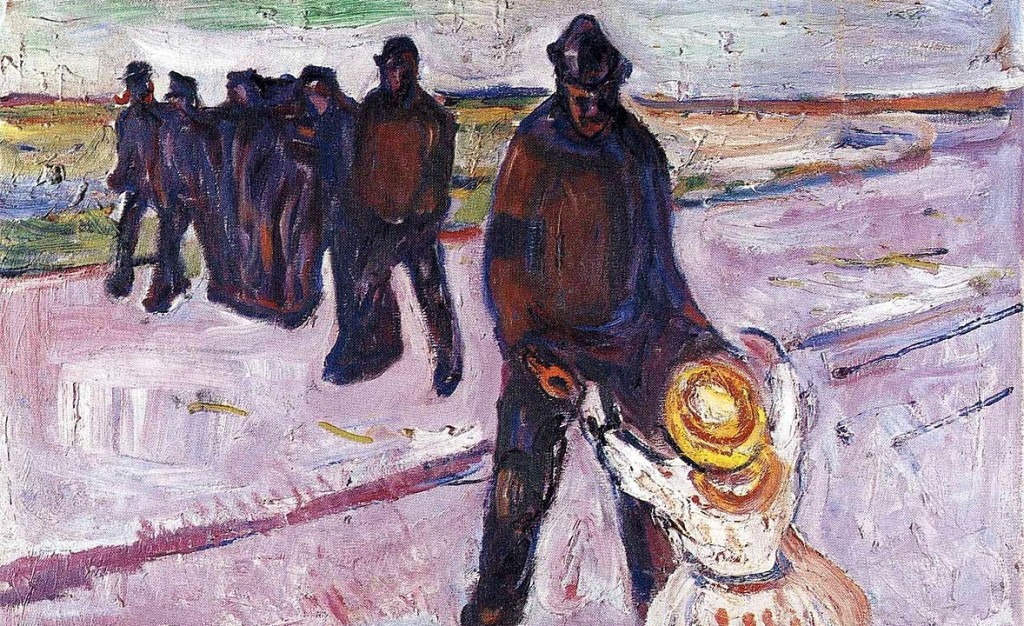
Production Recovery in Ukraine Continued, but More Good News and Certainty Required
BY
Oksana Kuziakiv AND The Institute for Economic Research and Policy Consulting - Kyiv / September 20, 2022
In August 2022, the production recovery in Ukraine continued, but the dynamics of the indicators of the economic conditions indicate a possible slowing down of the recovery trend in 6 months perspective. This is indicated by several important factors.











